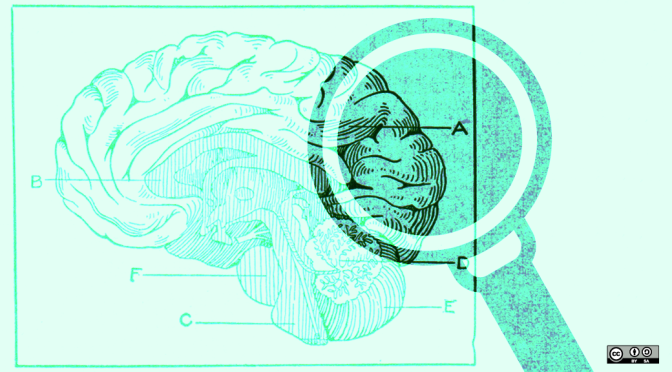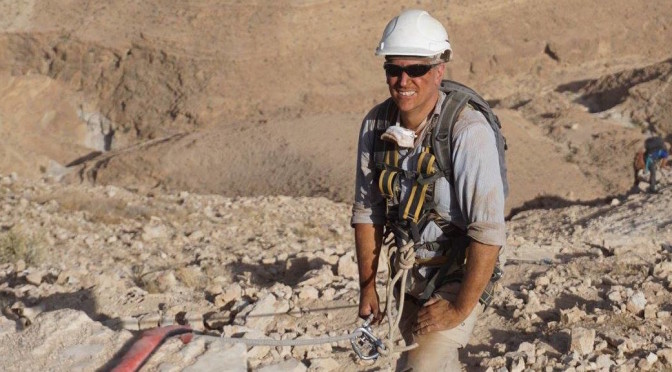On Thursday, June 23, the U.S. Supreme Court upheld the constitutionality of a race-conscious post-secondary admissions policy at the University of Texas at Austin.
Justice Anthony Kennedy, considered to be the swing vote, joined Justices Ruth Bader Ginsburg, Stephen Breyer, and Sonia Sotomayor, in a 4-3 decision that affirmed the constitutionality of the race-conscious policy and the university’s compelling interest in the educational benefits of a diverse student body.
At the same time, the decision addressed the need for institutions to continue to assess whether so-called race-neutral alternatives are available and workable, and suffice for achieving the university’s goals.
A large body of evidence shows so-called race-neutral admissions policies are not as effective for attaining racial diversity on campus. They could even exacerbate existing racial inequities.
Continue reading Focus on research: What we need to know about race-neutral policies





